Sports Nutrition for Athletes: Top Foods to Fuel Performance
Food is fuel. What we put into our bodies necessarily impacts our physical performance: how fast we can run, how responsive our muscles are, the strength of our bones.
Athletes, by definition, must perform at a level beyond that which mere mortals can attain. As such, their nutrition is tailored for increased energy expenditure and a greater need for rest and recovery.
We’ve been thinking about optimal nutrition for athletes, and even if you don’t expect to be on the Olympic podium any time soon, there’s lessons to be learned for all of us.
You can apply many of the following tips to your own health programme, whether you’re interested in strength and conditioning, building stamina, improving recovery times or planning to run a 10k.
Athletic Nutrition: The Basic Nutrients
While the standard nutritional requirements keep us healthy, athletes are in a unique position, in that they must balance their caloric intake with the rigours of daily training and competition.
The diets of sportspeople, therefore, must be sufficiently nutrient-rich as to help them endure the intensity of their chosen discipline, be it tennis, football or long-distance running.
At the highest level, among the most disciplined, science-guided athletes, every morsel of food is accounted for; every eating plan fine-tuned to maximise one’s capacity for physical activity.
Making smarter decisions with regard to nutrition and hydration can prevent injury, expedite recovery and enhance performance.
The macronutrients that we’re all aware of are carbohydrates, protein and fat.
Carbohydrates
Historically, carbohydrates have been the primary fuel for athletes, since your body changes them to glucose, stores them in muscles as glycogen, then turns that glycogen into energy.
Carbohydrates are intrinsically tied to energy demands. In other words, the greater the duration and intensity of the activity, the higher one’s intake of carbohydrates.
Carbohydrates contain four calories per gram, and athletes will derive anywhere between 40-60% of their daily diet from the nutrient, typically in the form of unrefined, slow-digesting, high-fibre carbs like brown rice, oats and quinoa.
Protein
Proteins, meanwhile, are typically associated with muscle – and it is true that protein is critical for both maintaining and building new muscle tissue. However, protein also plays a role in helping the body maintain pH balance and fluid balance.
Although technically an energy source like carbohydrates, protein is the least preferable source as it is metabolises less efficiently. It is usually favoured for muscle maintenance and recovery, hence its use in post-workout supplements.
Protein contains four calories per gram.
While a daily dose of 1g of protein per kg of body weight is recommended for non-athletes, sportspeople relying on physical strength generally consume 1.4-2g of protein per kg; endurance athletes eat approximately 1.2-1.6g per kg.
Fat
Fat is another valuable source of energy, although due to a chronic misunderstanding about the nutrient (the “eating fat makes you fat” myth) it was not utilised properly for many years.
Fats supply fatty acids which provide a potent energy source, particularly if your workouts regularly exceed an hour in length.
Savvy modern athletes prioritise healthy fats, such as the polyunsaturated and monounsaturated kinds found in fish, nuts, seeds, avocados and olive oil. Fat stores contain considerably more energy than carbohydrate stores.
Fat contains nine calories per gram, and although the common recommendation for fat is 20% of your daily calories, many world-class athletes eat as much as 30% fat in a day.
Micronutrients for Athletes
There is no hard-and-fast rule for athletes as far as their macronutrient intake is concerned: it depends on energy expenditure, as well as on the philosophy of whomever sportspeople task with managing their nutrition plan.
We must also accept that our bodies metabolise nutrients differently; while a high-carb intake will be the perfect protocol for one athlete, another might respond better to more fat.
Micronutrients are not classed as energy sources per se, but some facilitate energy production and utilisation.
Low micronutrient intake can negatively impact performance, and this is why many athletes focus on consuming nutritious foods that not only contain appropriate quantities of carbohydrates, protein and fat but also a spectrum of beneficial micronutrients to aid vitality.
As noted in a 2007 review published in the journal Clinics in Sports Medicine, “The intensity, duration and frequency of the sport and the overall energy and nutrient intakes of the individual all have an impact on whether or not micronutrients are required in greater amounts.”
That being said, the micronutrients generally cited as being most important to professional athletes include:
• Magnesium: Without magnesium, the body cannot generate adenosine tri-phosphate (ATP), the de facto biological currency of aerobic energy. Magnesium is critical to the process of cellular metabolism and helps to regulate neuromuscular, cardiovascular and hormonal functions. A dietary shortfall of magnesium affects endurance performance by increasing oxygen requirements during exercise.
• Calcium: The primary advantage of dietary calcium is to improve bone density, an important consideration particularly for weight-bearing activity but also any sport that puts pressure on the joints.
• B vitamins: The importance of B vitamins for exercise was highlighted in a 2017 study of Dutch athletes published in the journal Nutrients: “Exercise increases the need for vitamin B1 and B2, as a result of a decreased absorption and/or an increased turnover related to tissue maintenance, repair and metabolism. It is generally assumed that athletes with a poor B1 and B2 status have a reduced ability to perform physical activity, especially performing maximal work.” Other important B vitamins include B6, B9 and B12.
• Iron: Iron indirectly supplies muscles and tissues with much-needed oxygen, since iron is part of haemoglobin, a constituent of red blood cells responsible for transporting oxygen to cells. Depletion is common among endurance athletes in particular due to losses via sweat and the GI tract, and female athletes are vulnerable because iron is lost during menstruation. As well as impacting oxygen flow, iron deficiencies can disrupt athletes’ ability to maintain a steady heart rate during exercise.
• Vitamin D: Vitamin D plays an integral role in bone density, immune health, skeletal muscle repair and exercise-induced inflammation. Because of its wide array of benefits, many athletes now incorporate a vitamin D supplement into their dietary protocol.
Of course, this is not an exhaustive list; competitors require many other micronutrients to function optimally. These include electrolytes like sodium, chloride and potassium, minerals such as copper, zinc and selenium, and antioxidants like vitamin C and E.
Ideally, we should be able to obtain the vast majority of micronutrients from foods: preferably from grass-fed organic meat, fresh seafood and organic produce. However, unless you live in a warm climate it is difficult to obtain sufficient vitamin D without a high-quality supplement.
Furthermore, it is difficult to get all the micronutrients you need if you don’t consume enough calories, or a wide enough spectrum of whole foods. In this case, a nutrient-rich food supplement might be necessary.
Maximum Vibrance is a great choice, as one serving provides over 100% of your daily vitamin A, vitamin C, vitamin D, vitamin E, vitamins B1, B2, B6 and B12, and selenium. One serving also gives you 50% of your daily iron.
Nutrition Recommendations from High-Level Athletes
When you look at recommendations made by top athletes, it can be surprising how simple their advice is. Take the triathlon champions Jonathan and Alistair Brownlee, for example.
“Eat balanced,” says Alistair. “Don’t get caught up on any fad diets. Just train and eat consistently.”
“Plenty of fruit and veg and try to stick to eating at meal times,” says Jonathan. “Don’t snack on loads of rubbish.”
Olympic heptathlon champion Jessica Ennis-Hill is similarly unscientific: “Try and keep both your diet and the exercise you do varied and interesting.”
Britain’s most successful distance runner, Mo Farah, is a little more specific in his advice: “Maintain a healthy balance between carbs and protein but always be careful on the carb intake, or it will ultimately slow you down.”
You can scroll through more testimonies by visiting the BBC’s Eat Like an Athlete hub.
Hydration Needs of Athletes
Hydration has a fundamental effect on athletic performance. All sportspeople should and do drink fluids regularly, monitoring their hydration levels to ensure the best results.
With exercise we lose fluids quickly, and those must be replaced if proper temperature regulation is to be achieved. Water intake also helps with nutrient transportation, which in turn supports energy output.
Dehydration, of course, affects mental clarity and provokes muscle pain: two major problems if you’re engaged in physical activity.
Replenishing your bodily fluids is a must, but will water suffice? Generally, yes. Sports drinks are also beneficial in certain instances (see below).
Alkaline water has become popular due to the results of a 2010 Montana University study, which showed that those who drank it exhibited “decreased blood and increased urine osmolality, as well as a decreased urine output during the second and third weeks of the study, which indicated higher levels of hydration.”
A separate study showed that drinking alkalised water “helped reduce the buildup of lactic acid and cardiorespiratory stress.”
Hydrogen-rich water is similarly touted for its pro-performance properties; drinking it before exercise has been found to “reduce blood lactase levels and improve exercise-induced muscle fatigue”.
You can obtain water that is both alkaline and hydrogen-rich from several of our water products including the AHA Bottle, Biocera Jug, Energy Plus and Alkaline Inline Filter Cartridge.
Can Supplements Aid Athletic Performance?
Sports supplements make up a large proportion of products lining the shelves of health stores.
Promising to boost strength, improve performance, enlarge muscles and speed up recovery, these artfully-packaged supplements include protein powders, multivitamins, single-nutrient capsules and powders, minerals and various ergogenic products.
It can be difficult to assess many of these products on their merit based on athlete testimony, since money often changes hands via endorsements and so forth.
Certain supplements, however, are objectively beneficial. Isotonic sports drinks, for instance, replenish electrolytes lost from sweat. This is why tennis players sip drink sports drinks between games and sets rather than plain water.
Seeking a nutrition evaluation from a certified sports dietitian is probably the best way to determine whether an athlete’s diet requires any form of supplementation, however we do have a few recommendations.
Oxygenesis ASO®
Oxigenesis, based in the US, have been at the forefront of developing products to enhance wellness and optimal performance for the last 30 years. Foundation to their product range is Activated Stabilized Oxygen - ASO®which aids wellness and peak performance at the cellular level.
Starting in 1996, Oxigenesis has conducted research on and the testing of ASO® both at universities as well as independent laboratories around the world to determine efficacy.You can find a list of the major tests and research here.
S-Acetyl Glutathione
Glutathione is found within all cells in the body, and is comprised of three amino acids: glutamine, glycine and cysteine. Often dubbed the mother of all antioxidants, it is increasingly considered a vital nutrient for optimal health.
As far as athletes are concerned, glutathione has been shown to decrease oxidative and tissue damage within the lungs. Supplemental glutathione has also been shown to improve cycling time trial performance by 7.2% in 36 days, in a study by Dr. Stanley B. Covert M.D.
S-Acetyl Glutathione increases intracellular glutathione without increasing energy expenditure, and could help with improved recovery times and reduced muscle fatigue.
Turmeric
More and more studies are uncovering the benefits of turmeric, a spice whose powerful anti-inflammatory properties have been heralded in traditional cultures for centuries.
In relation to athletic performance, turmeric is beneficial after intense, high-impact exercise as it helps ease the agony of sports injuries.
According to a 2018 study of rugby players, curcumin – the key component of the Indian spice – eased players’ discomfort just as much as Ibuprofen and Paracetamol, but without the side effects.
The study group was composed of players suffering from bone or muscle pain as a consequence of repeated tackling.
Conclusion
Clearly there are many nutritional tools which can aid athletic performance. The key is to respond to the needs of your body, given whatever stress you are under.
Although one might suppose that world-class athletes ensure optimal consumption of macro- and micronutrients, evidence does not bear this out. Indeed, according to the aforementioned study of 553 Dutch athletes, vitamin D intake was below the estimated average requirement (AR) among the majority.
Non-users of dietary supplements were also at risk for low intakes of vitamins B1, B2, B3 and vitamins A, C and selenium, while mean iron intake was below the threshold in a substantial group of women.
Athletes, like the rest of us, must make sensible food choices in order to ensure proper nutrient flow and energy reserves. As demonstrated, they can benefit from proper supplementation when paired with a nutritious eating plan.
Water for Health Ltd began trading in 2007 with the goal of positively affecting the lives of many. We still retain that mission because we believe that proper hydration and nutrition can make a massive difference to people’s health and quality of life. Click here to find out more.





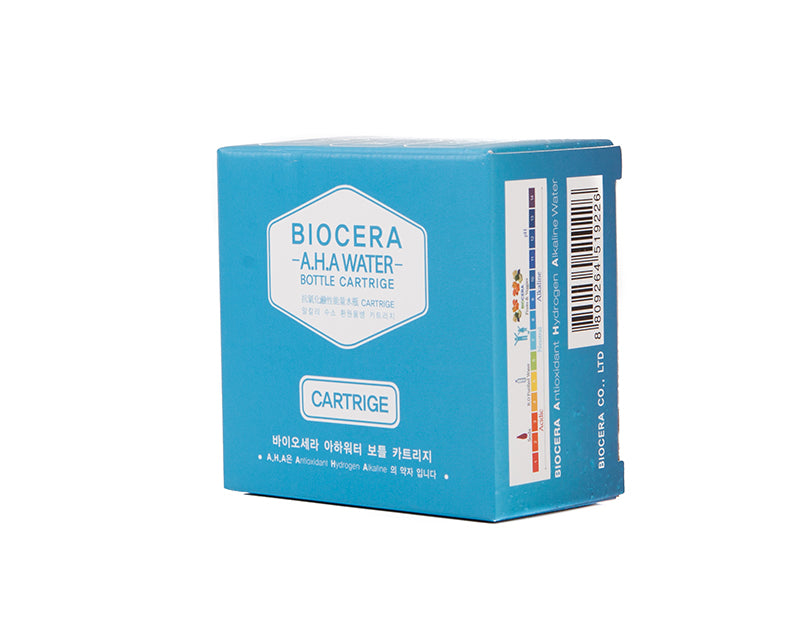


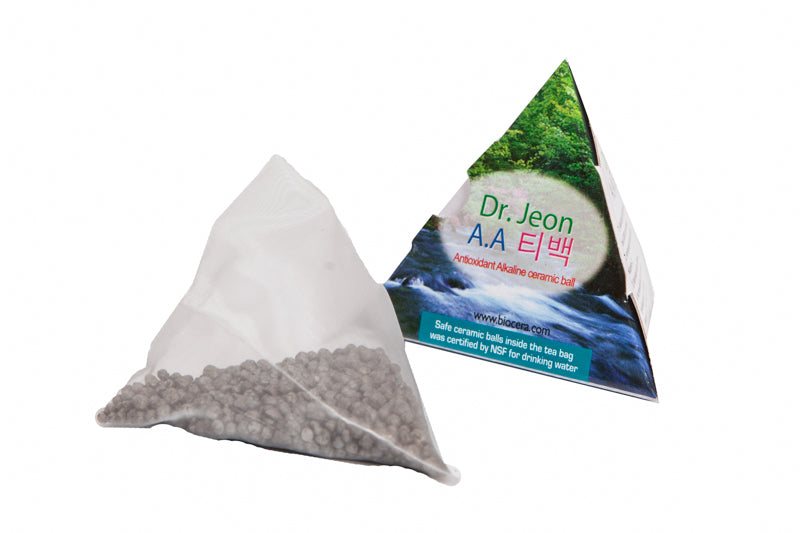



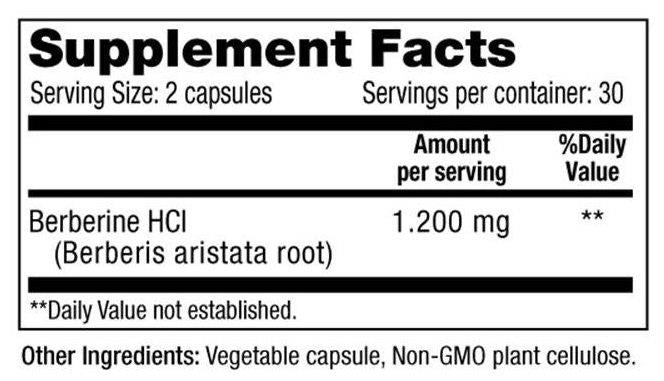




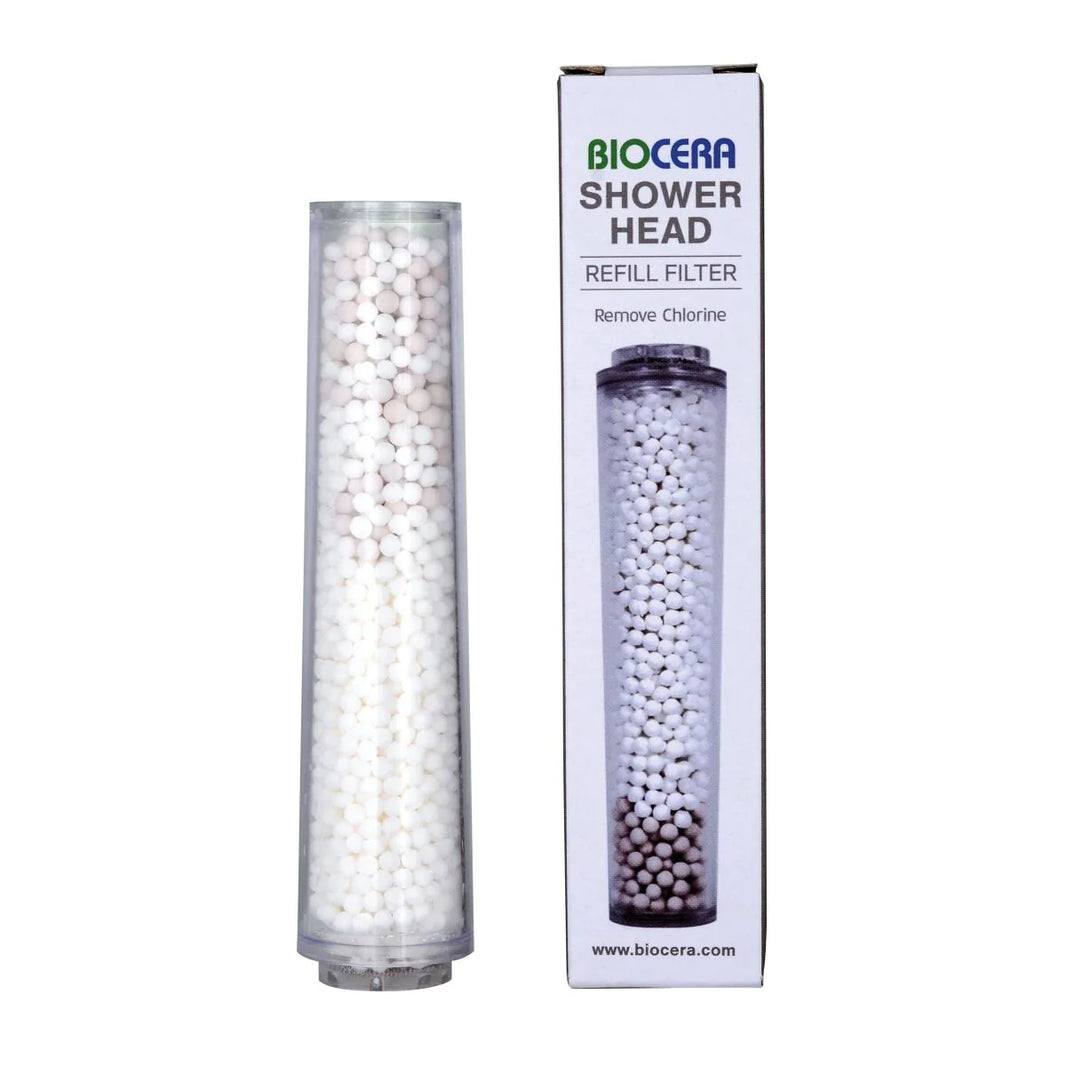








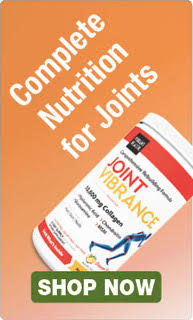
Leave a comment